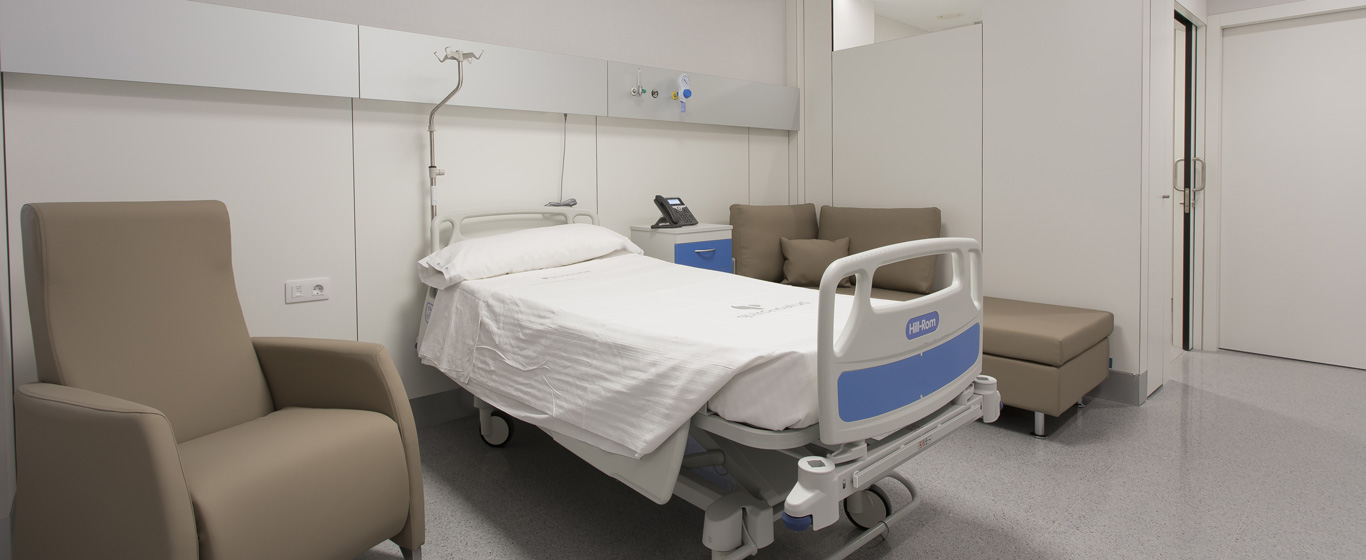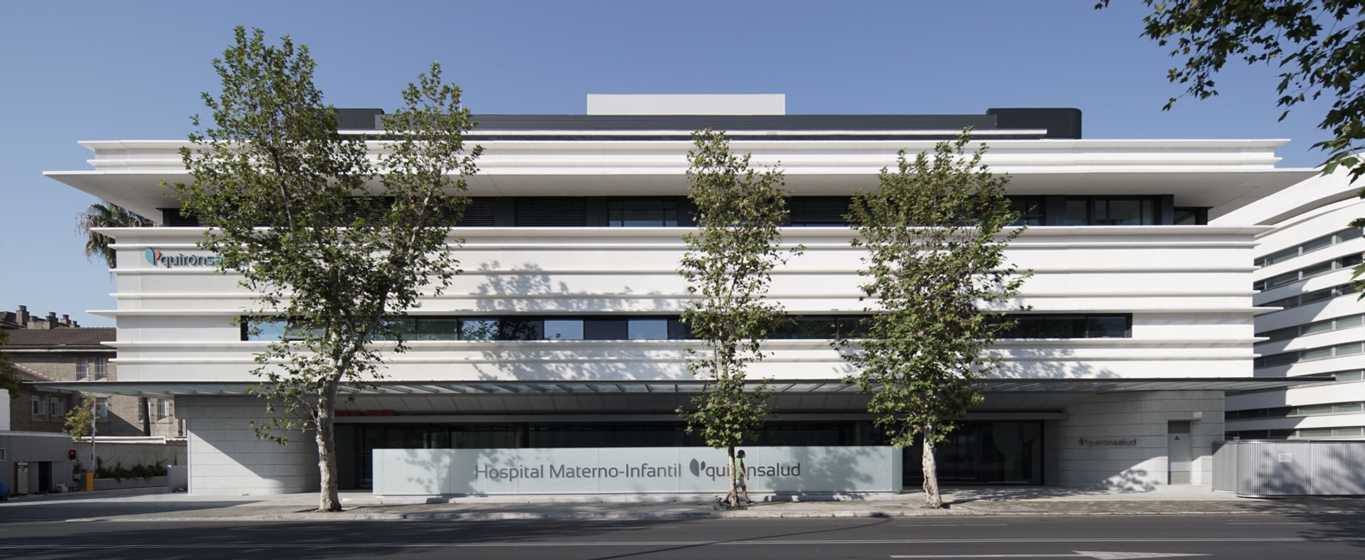Gynecological Cytology
In a gynecological cytology, samples of tissue from the cervix are taken to rule out or diagnose conditions such as cervical cancer, human papillomavirus (HPV), or other infections, both viral and bacterial. For this, a scraping sample is collected and the cells are analyzed in the laboratory.

General Description
Gynecological cytology, also known as the Pap smear or cervicovaginal cytology, is a procedure carried out during routine checkups to detect cervical cancer and other diseases such as viral or bacterial infections.
To obtain the tissue sample, a gentle scraping (exfoliative cytology) is done with a spatula on the vagina and cervix. Once properly preserved, it is sent to the laboratory where specialists in pathological anatomy prepare it and examine it under a microscope for any abnormal cells.
When is it indicated?
When the Papanicolaou cytology is carried out as a screening method for early detection of cervical cancer, it is recommended every 3 years for healthy women aged 25 to 30 and every 5 years for those aged 30 to 65.
This test is also performed when:
- There are signs of cervical cancer: pelvic pain, inflammation, pain while urinating, abnormal discharge, bleeding between menstrual periods, hematuria, discomfort during sexual intercourse.
- There is a family history of cervical cancer.
- There is suspicion of HPV infection: changes in the color of the vaginal lips, lumps in the vulva, chronic pain, itching.
- Signs of a sexually transmitted disease: pimples, sores, warts, irritation, abnormal discharge texture or odor, painful intercourse.
- Symptoms consistent with vaginosis: thick grayish discharge, vaginal itching or burning, unpleasant odor after sexual intercourse.
How is it performed?
To collect the samples, the patient lies on the gynecological examination table with their legs open and supported on the stirrups. A cloth or paper sheet is usually placed over the thighs to preserve privacy. A speculum is used to keep the vagina open, and the spatula is introduced to collect tissue from the vagina and cervix by gentle friction.
In the laboratory, the sample is placed on a glass slide, fixed, and a stain is applied to help observe the cellular structures and potential cancerous signs. Once prepared, it is examined under a microscope to determine if the appearance of the cells is normal or altered.
In recent years, liquid cytology has been developed, a new technique in which the sample is introduced into a preservative liquid and undergoes a series of processes before placing a very thin layer of cells (monolayer) on the slide. This makes the visual analysis easier than with the traditional technique and allows for a more accurate diagnosis.
Risks
Cervicovaginal cytology poses no health risks.
In some cases, mild bleeding may occur after the sample is taken, but it usually stops on its own within less than a day.
What to expect from a gynecological cytology
The tissue sample collection for a Pap test is an outpatient procedure that can be done in the gynecologist's office and takes only a few minutes. Afterward, you can return to your routine without the need for observation or rest.
On the day of the test, it is advisable to wear comfortable clothing that is easy to remove. The moment the speculum is inserted and the scraping is performed to obtain the cells may be painful for some women. Staying as calm as possible and relaxing the pelvic muscles helps facilitate the procedure and reduce discomfort.
The results are explained during a follow-up consultation, typically between eight and ten days later.
Specialties that request gynecological cytology
Gynecologists are responsible for collecting the samples and sending them to the laboratory, where pathologists prepare and study them. Sometimes, oncologists may also request this test.
How to prepare
Although gynecological cytology does not require any special preparation, there are some recommendations to avoid altering the results:
- Wash only with water and externally, avoiding vaginal douching.
- Avoid sexual intercourse for the 48 hours prior.
- It is not advisable to undergo a cytology during menstruation; it is best to wait until the period has ended and the vagina is completely clean. If it is an unexpected bleeding, there is no need to cancel the appointment, as the specialist will decide if the test can be done.
- Cancel topical treatments (pessaries, spermicide) during the week before the procedure.









































































































